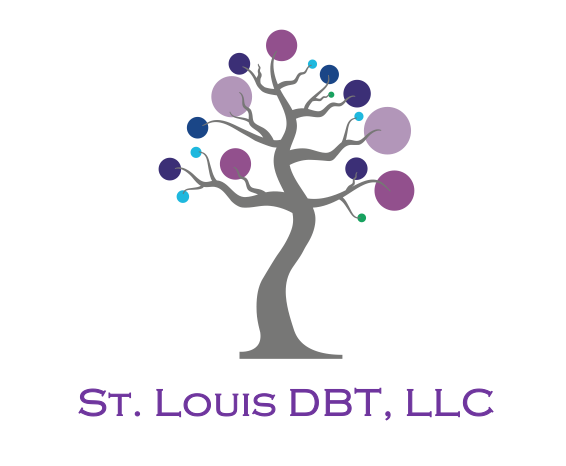Moving past “the Ick”
In my late-night meme scroll, I came upon “the ick” a new phrase that peaked my curiosity. After my rabbit hole search, I considered, with the help of my supervisor, if the ick could be alleviated.
What is the Ick?
Besides being another word coined by Gen Z that I was unfamiliar with, what is the ick? According to Urban Dictionary, a very reliable source, “the ick” can be classified as, when you’re talking with a new potential partner, you suddenly have an onset of feelings of dislike towards the person, “From then on you can't look at the person in the same way, you just progressively get more and more turned off by them, weirdly & maybe for no reason in particular grossed out by them,” after you have these feelings, it’s hard to get past them and you’ll eventually have to end the relationship. This can also happen after a breakup, realizing how icky the person was later on.
Icky Origins
This term’s origin can be traced back to a reality TV show called, “Love Island” by a contestant named Olivia. Olivia used this term to describe a relationship with a former partner. Olivia explains, “"At the end of the day when you are seeing a boy and you get the ick it doesn't go," she said on the show. "And it's one of those things, once you've caught it, it takes over your body. And it's like... it's just ick."
There can be a variety of reasons the ick surfaces. The ick can surface from insignificant things, such as manners, the way a person dresses, or seeing a partner do something embarrassing like running with a backpack on (I’m serious). Maybe you’ve observed a habit your partner has that grosses you out, like smoking. When we catch the ick, we may feel a disconnect with our values and the other person’s values. Maybe you value good table manners or, they value being “presentable” at Target.
DBT vs the Ick
Getting past the ick can be hard, and it may be possible by using Dialectical Behavior Therapy skills.
If you don’t have the ick, but maybe you feel some sort or resentment towards your partner, give these skills a try a few times a week. You may notice a change in how you view your partner.
Non-Judgmental Stance
Judgements can cause conflict in our relationships and have an impact on our emotions. When we judge someone as embarrassing, it can affect our emotions towards that person. If we can move away from judgements and just viewing the world “as it is” we can alleviate the suffering we cause by judgements. This can also be said about our partners. If we can look at our partners behavior as neither good nor bad, we can let go of that ick feeling.
Should and Expectations
When we have demands about how a partner should act, we get stressed when they do not live up to our expectations. “Shoulding” is one of the ways we create expectations on how a person should behave, “My partner should know to dress better,” or, “My partner shouldn’t have a red ring around his mouth after eating,” This is not accepting things as they are. When we can accept things as they are, we can become unattached to our expectations and have wiggle room to grow and accept others for who they are. We become more fluid and decrease our suffering.
Turning The Mind
To engage in turning your mind, is to choose to accept. Sometimes we must accept things over and over again. The more embarrassing or unattractive the event is, it may take longer to accept it fully. There are four steps to turning your mind.
1. Observe that you are not accepting reality. Observe when you have the strong distaste after a behavior that your partner engages in.
2. Make a commitment to yourself to accept reality as it is. You must make this commitment, you don't have to accept right away, all you must do is commit to accepting.
3. Don’t stop committing. Sometimes you must do steps one and two repeatedly.
4. When we drift out of acceptance, resort to a backup plan. Plan what you will do when you start to drift towards non acceptance. A plan could be to remember positive moments with your partner or to remember how much you love them. Commit to thinking about these moments when you feel yourself feeling the ick arise.
Loving Kindness
“Metta” or Loving Kindness is a form of meditation that increases our compassion for others and ourselves. Loving kindness is mentally sending warmness to others. If we can practice loving kindness towards our partners, it not only increases our positive emotions, but also activates a part of our brain that houses empathy. Research has shown that the positive emotions felt from Metta meditation can also strengthen our self-acceptance and enhance relationships over time. If we can increase the empathy and compassion towards our partner, we just might be able to get past the ick.
See below for a Loving Kindness script:
May (person’s name here) live with ease
May (person’s name here) feel safe and protected
May (person’s name here) be filled with love
When you practice loving kindness, make sure your wishes are sincere, and you are giving loving kindness to someone who deserves it.
In closing, the ick can be sudden and intense, however, if you believe this relationship is worth the commitment, the ick may be avoidable. Consider if this relationship is worth this commitment while you are in Wise mind. Do what is best for you.
